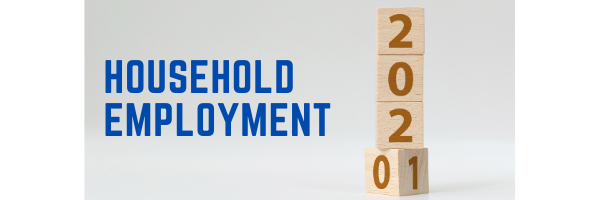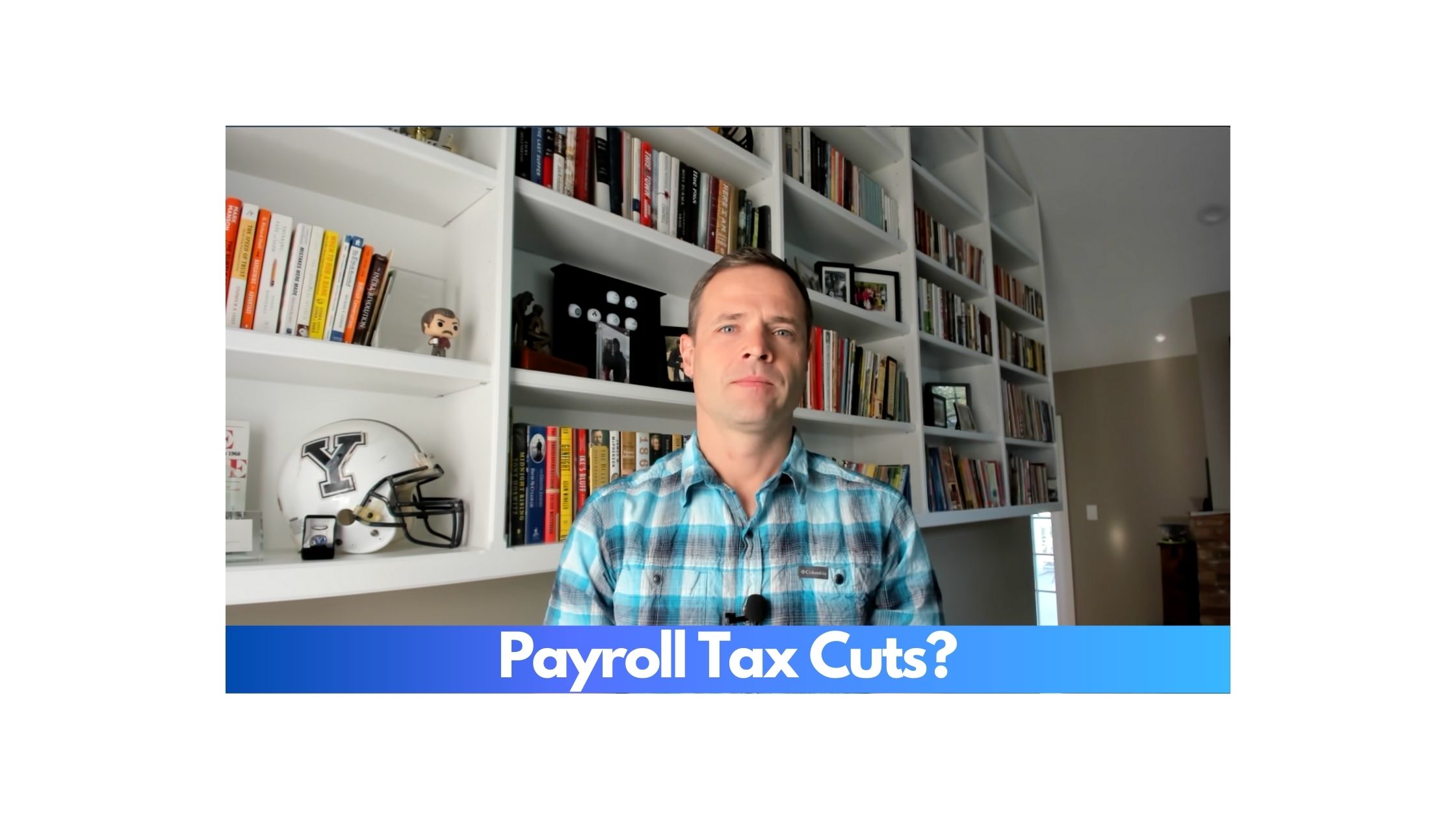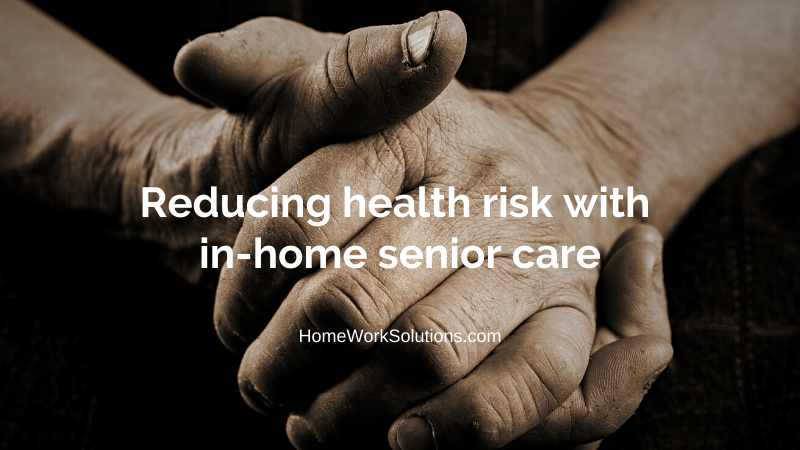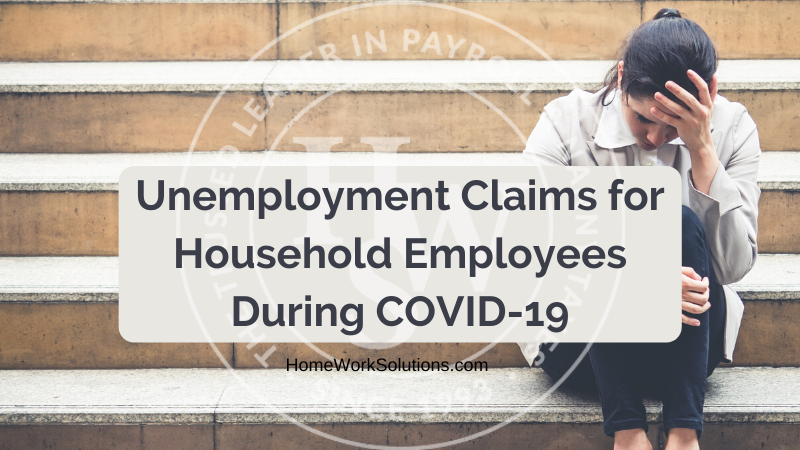Updated 11 January 2021
Every year HomeWork Solutions prepares a "what's new or changed" roundup of household employment tax laws and benefit information.
HOUSEHOLD EMPLOYEE 2021 WAGE BASE:
The IRS annually reviews, and adjusts as necessary, the wage payment threshold that obligates a family to pay Social Security and Medicare taxes and issue employees W-2 forms. This threshold will increase to $2,300 for 2021.
Read More
Topics:
nanny,
agency,
senior,
CPA
Updated 22 December 2020
Every year HomeWork Solutions prepares a "what's new or changed" roundup of household employment tax laws and benefit information.
HOUSEHOLD EMPLOYEE 2021 WAGE BASE:
The IRS annually reviews, and adjusts as necessary, the wage payment threshold that obligates a family to pay Social Security and Medicare taxes and issue employees W-2 forms. This threshold will increase to $2,300 for 2021.
Read More
Topics:
nanny,
agency,
senior,
CPA
Healthcare open enrollment season is here, so we've asked our partners at Take Command Health to offer insights on why a Healthcare Reimbursement Arrangement (QSEHRA or ICHRA) may be right for you and your employee. Here is CEO Jack Hooper's take:
Read More
Topics:
nanny agency,
nanny,
senior,
CPA,
HRA,
Healthcare
When you first hire your nanny or caregiver, there are a lot of different action items that need to get set into motion. Defining wages, determining hours, setting up legal payroll and writing an employee contract are some of the primary things that need to be settled at the get-go. Investigating how to navigate tax breaks you might have when hiring an in-home employee is another big one. If you’re wondering if you can use your dependent care flexible spending account, here are some of the basic things you should know.
Read More
Topics:
nanny,
agency,
senior,
CPA
If you have recently started a position with a new employer, you’re probably learning about the different benefits that you’ve been hired with. Many household employers who do not offer group health coverage for their employees help pay for medical expenses through a Qualified Small Employer Health Reimbursement Arrangement (QSEHRA). When you negotiate this benefit with your new employer, it will help pay your health care costs for qualifying health insurance coverage. If you have never worked with a QSEHRA before, we’ll break down the important must-knows here.
Read More
Topics:
nanny,
agency,
senior,
CPA
The last several months has been difficult for millions of Americans. The economy has dramatically changed and unemployment rates have skyrocketed due to the coronavirus pandemic. If you are one of the many nannies or senior caregivers that has recently lost their job, you understand the stress that comes with that. Here, we’ll discuss some of the most important tips for finding a new job quickly.
Read More
Topics:
nanny,
agency,
senior
With coronavirus cases still on the rise around the world, many people are continuing to socially distance themselves or reduce their time in public to help minimize exposure and spread of the virus. Unfortunately, many long-term care facilities have seen high amounts of deaths and illnesses related to the pandemic. In light of the continuing social lockdown of these facilities and the forced separation of residents from their families and loved ones, many seniors and their families are rethinking living arrangements and researching how to age safely at home.
Read More
Topics:
senior
The worldwide COVID-19 pandemic has caused unprecedented job loss and disruption to the economy. Household workers are some of the most economically vulnerable workers, as they live paycheck to paycheck in many instances. While some highly qualified nannies are landing on their feet as their college education provides a good baseline to help with home schooling, other wonderful caregivers with less educational experience find themselves out of work with no immediate prospects.
Read More
Topics:
senior caregiver unemployment insurance,
nanny unemployment insurance,
nanny,
agency,
senior,
CPA,
COVID-19








